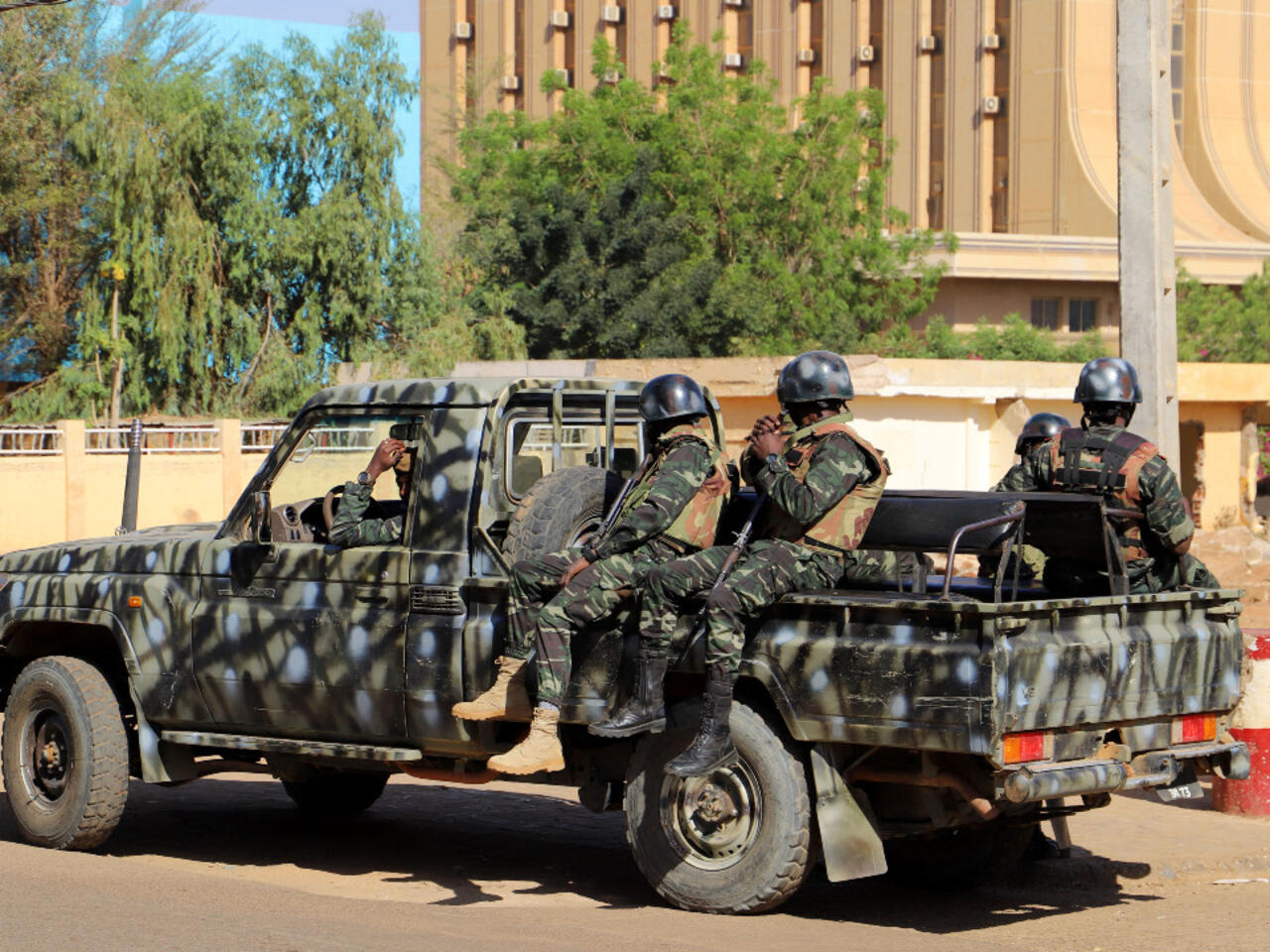Nigeria News
Suspected Jihadists kill 12 soldiers in Niger

Suspected armed Islamists have reportedly killed a total of 12 soldiers in the remote southwestern region of Niger. The incident was reported by state television on Tuesday, marking the latest attack in the wake of the military takeover by army officers the previous month.
An anti-jihadist operation carried out by national guards was subjected to an ambush on Sunday evening at the Anzourou locality within the Tillaberi region, as reported by Tele Sahel.
The response of the troops led to a substantial loss inflicted upon the enemy, according to the same source.
The fallen soldiers have already been laid to rest in a ceremony attended by Lieutenant-Colonel Maina Boucar, the military governor of the province.
On August 15, authorities disclosed that at least 17 soldiers were tragically killed near the town of Koutougou, also situated in Tillaberi. Additionally, 20 soldiers sustained injuries, while over 100 assailants were neutralized as they retreated on motorcycles.
In response to events in Niger, the West African regional bloc ECOWAS issued a threat to use force in order to restore the detained elected president, Mohamed Bazoum, to power. Meanwhile, the African Union announced the suspension of Niger and emphasized that civilian rule must be reinstated before assessing the potential implications of any armed intervention.
The current leaders of Niger have justified their coup citing concerns over perceived security deterioration during Bazoum’s presidency.
For over a decade, insurgents have plagued the Sahel region of West Africa, initially erupting in northern Mali in 2012 and subsequently spreading to neighboring Niger and Burkina Faso in 2015.
However, a compilation of data by an independent monitoring source indicates a decrease in attacks in Niger during the first half of 2023. Specifically, attacks on civilians dropped by 49 percent in comparison to the same period in 2022, while the number of fatalities decreased by 16 percent, as reported by the Armed Conflict Location & Event Data (ACLED) project.
























